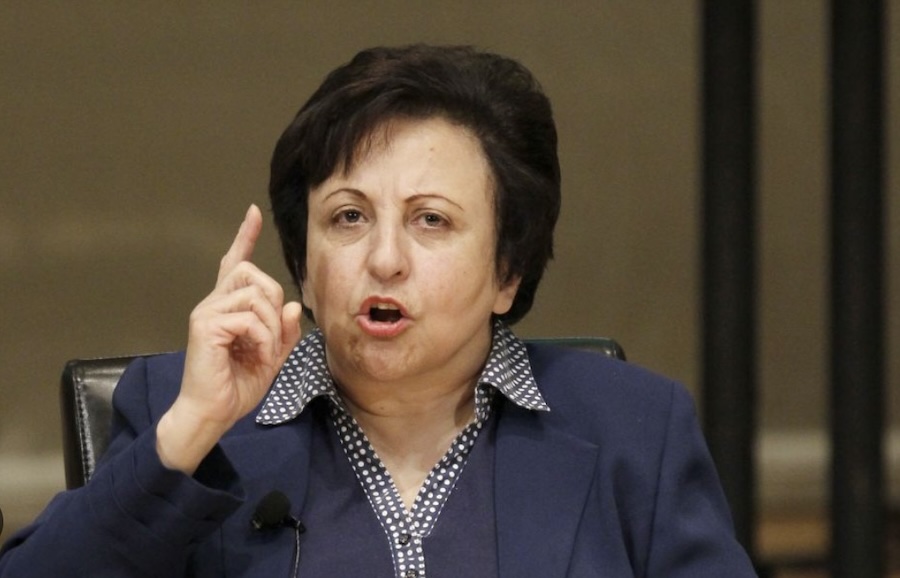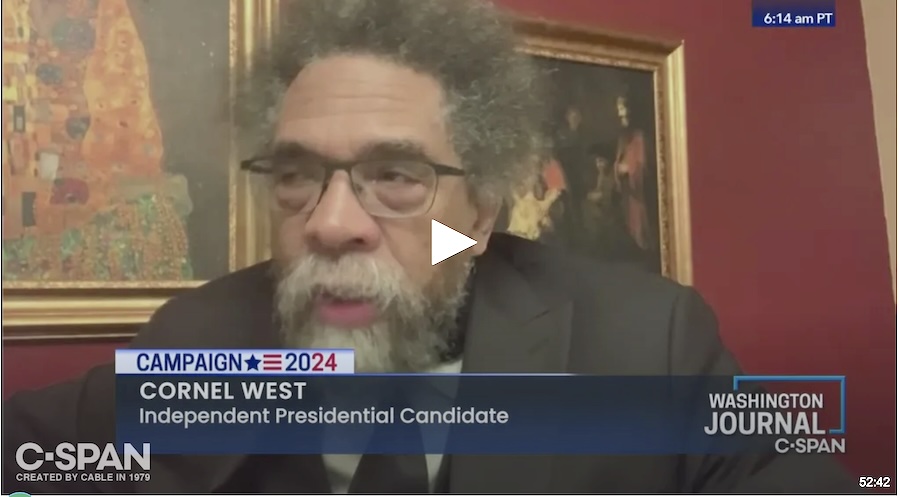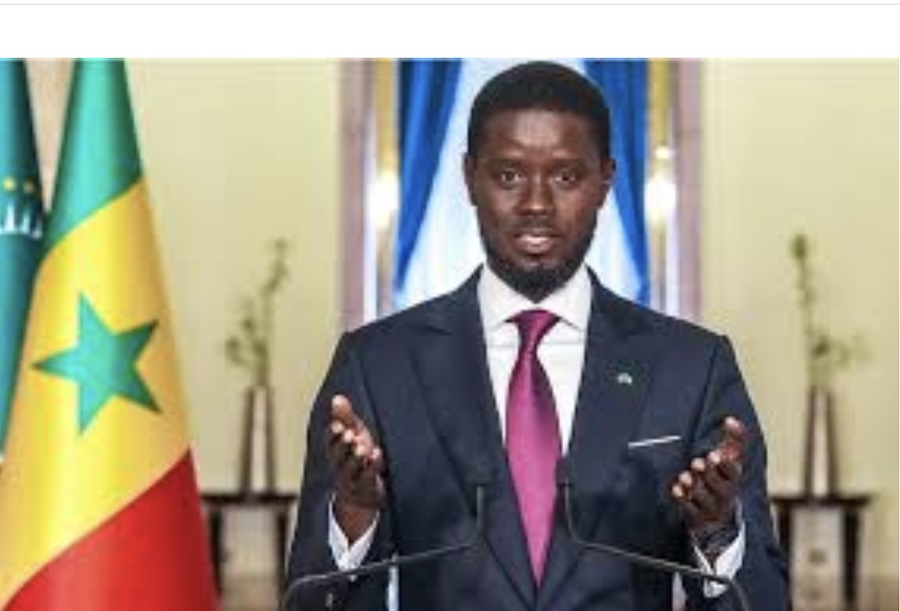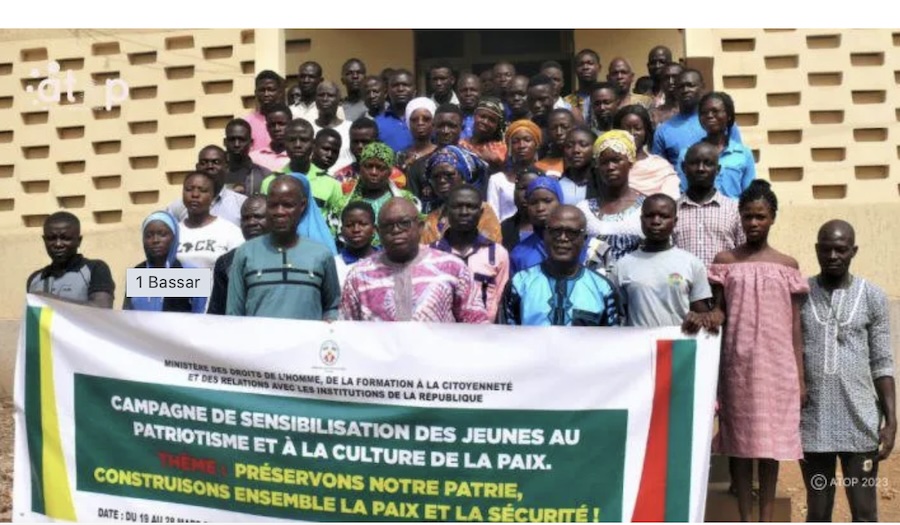. . DEMOCRATIC PARTICIPATION . .
An article by Ansoumane Karamoko Cissé in Maliweb (translation by CPNN)
The Inter-Malien Dialogue for Peace and National Reconciliation meetings are underway at the CICB. These meetings take place after the various initiatives which had sought to set up this consultation framework.through the Steering Committee of the Inter-Malien Dialogue for Peace and National Reconciliation, headed by Mr. Ousmane Issoufou Maïga. We can say that Mali is a mother hen which is in the process of bringing together and uniting its children to achieve what has not always been possible: to achieve peace and stability.

After the National Accord Conference (CEN) in 2017; the Inclusive National Dialogue (IND) in 2019; the National Refoundation Conference (ANRS), in 2021; the Consultation Days for intercommunity, ethnic peace, here is yet another “National Meeting” around the Sacred Union.
Following the announcement of the New Year, His Excellency Colonel Assimi Goïta, President of the Transition, Head of State, who is constantly attached to peace and the spirit of committed patriotism, through a Presidential Decree No. 2024-0061/PT-RM of 01/31/2024, has appointed members of the Steering Committee of the Inter-Malian Dialogue for Peace and National Reconciliation.
This Steering Committee was set up with a list of 140 people (one hundred and forty) made up of men and women including historians, sociologists, etc. The desired objective is to find possible solutions to the multiple problems that prevent peace, reconciliation, national unity and to address them at their roots, without referring to any ethnic, political, social affiliation… Since it is quite simply the unification of Malians, “Mali first,” no Malien should compromise this Union.
Mali is a great hospitable country, which has known great peoples of various ethnic groups, who have lived together for a very long time; from the medieval periods and the end of the Neolithic (– 3000 years BC), to the great Empires and Kingdoms, including the very powerful Empire of Ghana which governed three worlds: the black African, Arab-Berber world and that of the Moors of Armankour .
These people have forged a sacred bond – joking cousinage or Sanakounya – the very first judicial organization in West Africa. The famous and mysterious Charter of Wagadou is the core of the Empire of Ghana, proclaimed by the Ighoh Ancestor, Mama Dinka Cissé, the ancestor of the Bozos and the Soninkés, with the Kakoro. Hohana, Mama Dinka is the founder, the pioneer of the Kingdom of Wagadou in the year -295 BC. This social movement played a very big role in Mali, in Guinea… in the resolution of social crises between peoples and demarcated all the emerging conflictual relationships.
No matter if it burns, heats up or explodes, we are all condemned to get along to live better in good coexistence. It would be good to see the culture of peace established in Mali, in the West African sub-region, and even throughout the world. If the peoples understand each other, listen to each other and forgive each other all the evils committed to each other. and others, and may hearts be ready to grant each other forgiveness, with sincere tolerance.
A real concertation is necessary
For the wound to properly heal, it is necessary to first remove the sores, sanitize the surface against parasites and germs… It seems to me that our authorities have not organized real consultation with all levels of society. Since 1914, humanity has not known universal peace, shaken as it is by conflicts of economic, religious, territorial order and interest, etc. This is why Maliens must now bring lasting peace, stability, prosperity, for the defense of Mali: the Motherland of the entire West African sub-region!
(Article continued in right column)
(Click here for the original French version of this article.)
How can we develop the institutional framework for a culture of peace?
(Article continued from left column)
The conflicts are multidimensional: among others, religious, ethnic, legal, identity, regionalist, economic, territorial… Above all because of poor governance, sown seeds of favoritism in the workings of the administration, and large-scale corruption which allows certain clans of personalities to be in all the “sauces”, even if they had already shown their limits because they are not specialists in their subject. The culture of mediocrity must be banished in favor of proven competence. This is what will bear fruit…
Calling on all Maliens, without exception…
For the success of the steering committee, and after several unsuccessful attempts in the search for peace, “we need peace, peace everywhere in the world”, according to the late Tamacheck singer, Mahmoud Cissé. It would also be necessary to appeal to all Maliens, without exception, from leaders to Maliens from inside and outside, under all ethnic and regional entities; historians, sociologists, political actors, religious authorities, umbrella organizations, groups of discontented people, opponents… Examine with them all their problems, in a careful, consensual and peaceful form of communication. For full implementation of its recommendations.
However, some gray areas still remain a reality: the noted absence of some major figures forgotten on the nominative list, while other names are retained without having been consulted, and who “are not ready to get on board “. This indicates a need to review certain proposals… To do this, the commissions set up must gauge the skills acquired necessary for the success of the objective, set up listening sessions and list all grievances such as proposals and suggestions coming from other forgotten people.
The commissions must go to all communes, circles, regions; identify grievances, as was the case with the ANRS in all its phases:
° Committee for the prevention and management of inter-community conflicts between farmers and herders and on other conflict risk activities;
° Case of displaced and refugee populations, to satisfy their needs and resolve their problems, because they are in refugee camps without means for their return;
° Strategies for the participation of resource persons
° Monitoring and evaluation of conclusions and recommendations on proposals…
For political and institutional reforms, this will involve:
° Review the sources of conflicts and correct them, non-compliance with commitments, texts, non-compliance with the presidential mandate or any other activities;
° Review the role, place and responsibility of the republican opposition and the political class;
° Ensure equal treatment and consideration for all levels of society
° Avoid supremacist feelings and superiority complexes between black, mixed-race or white populations;
° Strengthen joking cousinship between ethnic groups where they live;
° Turn away from the spirit of revenge, which belongs to the past;
° Avoid frustrations, and promote acceptance of others, forgiving them for the faults committed;
° Challenge the critics who have no proof of abuses…
Malien people! Unite for lasting peace! Together we can!
– – – – – –
If you wish to make a comment on this article, you may write to coordinator@cpnn-world.org with the title “Comment on (name of article)” and we will put your comment on line. Because of the flood of spam, we have discontinued the direct application of comments.





 Video of interview
Video of interview

